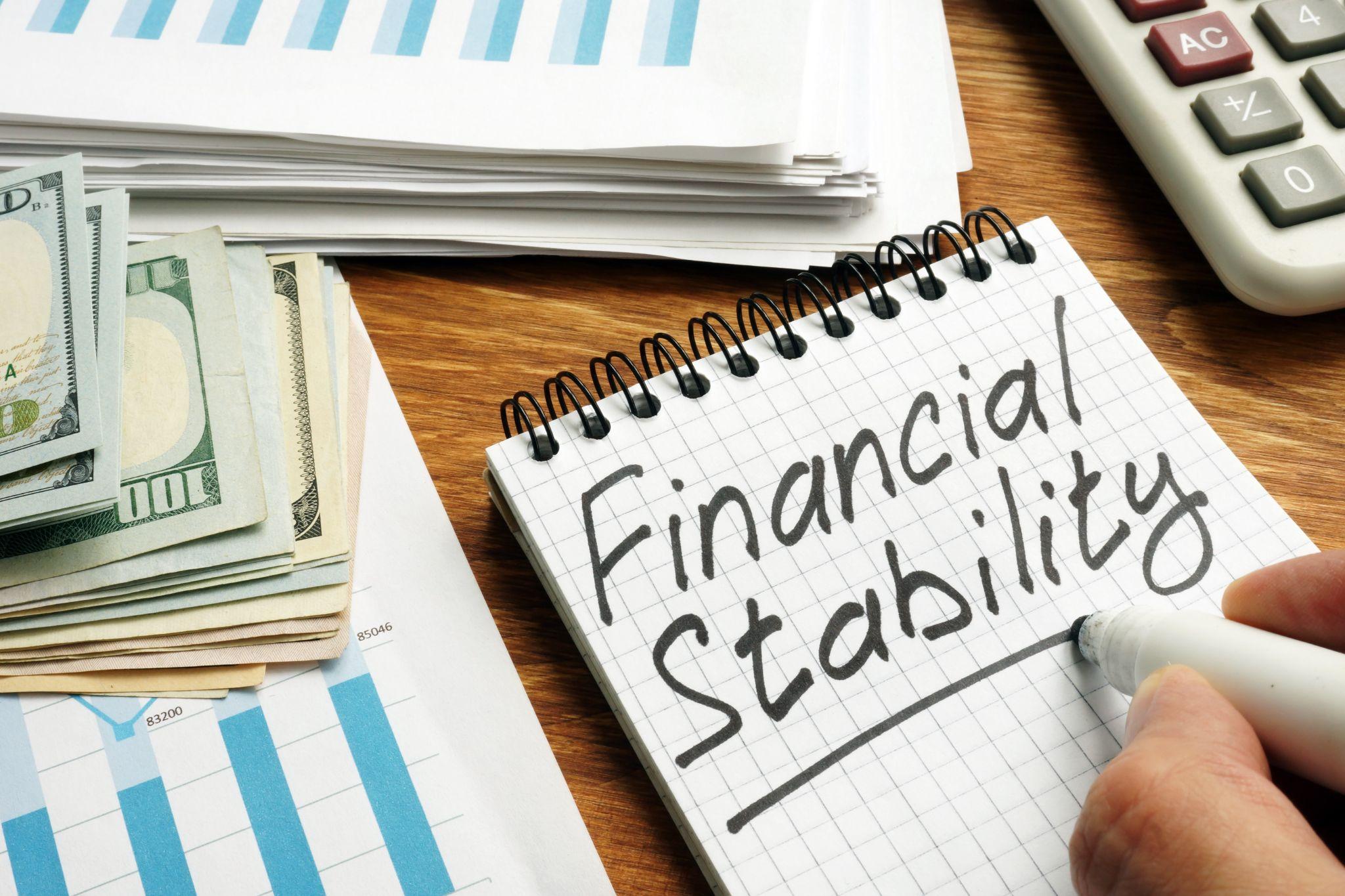Recovery from addiction is a courageous path that encompasses not just the physical and emotional, but also the financial aspects of one’s life. Navigating the financial challenges during early recovery from a substance use disorder can seem daunting, but with the right strategies, it’s possible to regain control and have financial stability.
These practical financial tips are designed to support you or your loved one in addiction recovery, ensuring that financial stress does not stand in the way of a successful recovery.
1. Create a Budget
Understanding your financial situation is crucial, especially during recovery. Start by listing all your sources of income, including any work, assistance, or support you receive.
Next, track all your expenses over a month, categorizing them as ‘needs’ (such as rent, groceries, and utilities) and ‘wants’ (like dining out, subscriptions, and leisure activities).
Use a simple spreadsheet or a budgeting app to keep everything organized. This visual representation of your finances helps identify areas where you can cut back and save.
Remember, the goal is to make sure you don’t spend more money than what you’re receiving, and ideally to set aside a little each month for savings or paying off outstanding debts.
2. Tackle Debts Strategically
Debts, particularly those with high interest, can feel overwhelming. Start by listing all your debts along with their interest rates. Prioritize paying off the ones with the highest rates first while maintaining minimum payments on others.
This method, often called the avalanche method, can save you money on interest over time. If you’re struggling to make minimum payments, contact your creditors to discuss possible hardship plans or adjustments to your payment schedule.
Transparency about your situation can lead to more manageable arrangements.
3. Build an Emergency Fund
Life is unpredictable, and unexpected expenses can arise, particularly for people in recovery. An emergency fund acts as a financial safety net for these situations. Start small, aiming to save $500 to $1,000 initially.
Once you have a small buffer, gradually increase your target until you have enough to cover three to six months of living expenses. You can begin by setting aside a small, manageable amount from each paycheck. Even a modest savings habit can grow over time and provide peace of mind.
4. Understand Your Health Insurance
Navigating health insurance can be complex, but understanding your coverage is essential, especially for finances in your recovery process.
Take time to review your policy or speak with an insurance representative to understand what treatments and medications are covered, the providers you can see, co-pays, deductibles, and any out-of-pocket maximums.
If you’re considering a new treatment or therapy, check in advance whether it’s covered. For those without insurance or with limited coverage, explore state or local health programs designed to assist individuals in recovery.
5. Invest in Yourself
Investing in your recovery is not just about saving money, it’s also about spending wisely on things that support your well-being. This might include recovery programs, therapy, healthy eating, and physical activities.
Look for community resources or programs that offer support at reduced costs. Consider education or training courses that could help improve your job prospects and income over the long term.
Remember, investing in your health and recovery is an investment in your future.
6. Seek Professional Financial Advice
It’s beneficial to consult with a financial advisor or counselor, especially if you’re feeling overwhelmed. A professional can offer personalized advice tailored to your unique financial situation, helping you develop a comprehensive plan to manage debt, save money, and plan for the future.
Many communities offer free or low-cost financial counseling services, especially for those in recovery or facing financial hardship. These experts can also provide guidance on improving your credit score, investing wisely, and planning for retirement.
7. Utilize Money Management Tools
There are numerous apps and online tools designed to simplify budgeting, debt tracking, and savings goals. These digital resources can automate much of the financial management process, from tracking your spending in real time to setting up automatic transfers to your savings account.
Look for tools that sync with your bank accounts and credit cards to get a holistic view of your finances. By leveraging technology, you can stay on top of your financial goals with minimal effort.
8. Cut Unnecessary Expenses
Analyze your spending habits to figure out where you can reduce expenses. Subscriptions you no longer use, dining out frequently, or high-cost leisure activities can drain your resources. Focus on eliminating these non-essential expenses and finding cost-effective alternatives.
For instance, consider meal planning to reduce food costs and engaging in free or low-cost hobbies. Every dollar saved is a dollar that can go towards your emergency fund, debt repayment, or investing in your recovery.
9. Increase Your Income
If possible, look for ways to increase your income. This could involve seeking a higher-paying job, working part-time, or exploring freelance opportunities. Consider your skills and how you might leverage them for additional income.
Sometimes, even small side gigs can make a significant difference in your financial health. Just ensure that any extra work is manageable and doesn’t compromise your recovery process.
10. Stay Educated on Financial Health
Knowledge is power, especially when it comes to managing your finances. Take advantage of free resources online, including blogs, podcasts, and webinars focused on financial education. Topics might range from basic budgeting tips to advanced investment strategies.
The more you understand about managing money, the better equipped you’ll be to make informed decisions that support your long-term financial and recovery goals.
Find Financial Stability With Lumina Recovery
Whether you’re embarking on this journey for yourself or supporting a loved one, know that resources, support, and guidance are available. Financial challenges can seem overwhelming, but with the right strategies and a commitment to your overall well-being, you can navigate them successfully.
Lumina Recovery works with several insurance providers and offers resources for paying for rehab treatment. Remember to keep moving forward, one step at a time, and trust that every positive choice brings you closer to a life of recovery, resilience, and financial peace.
Reach out to our team to learn more about our services and resources.



